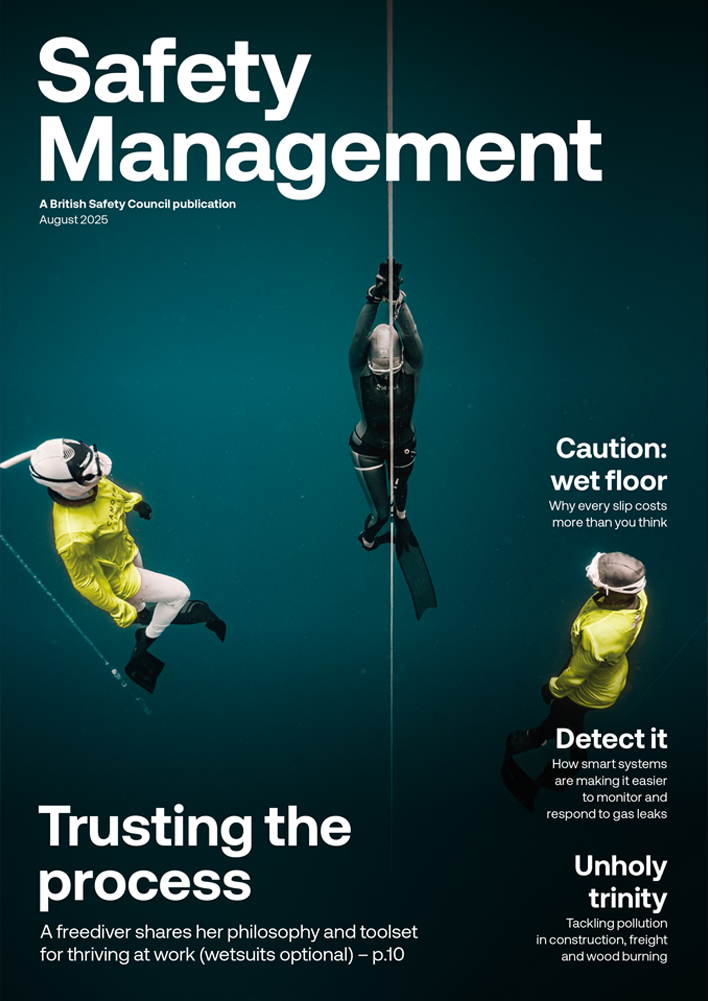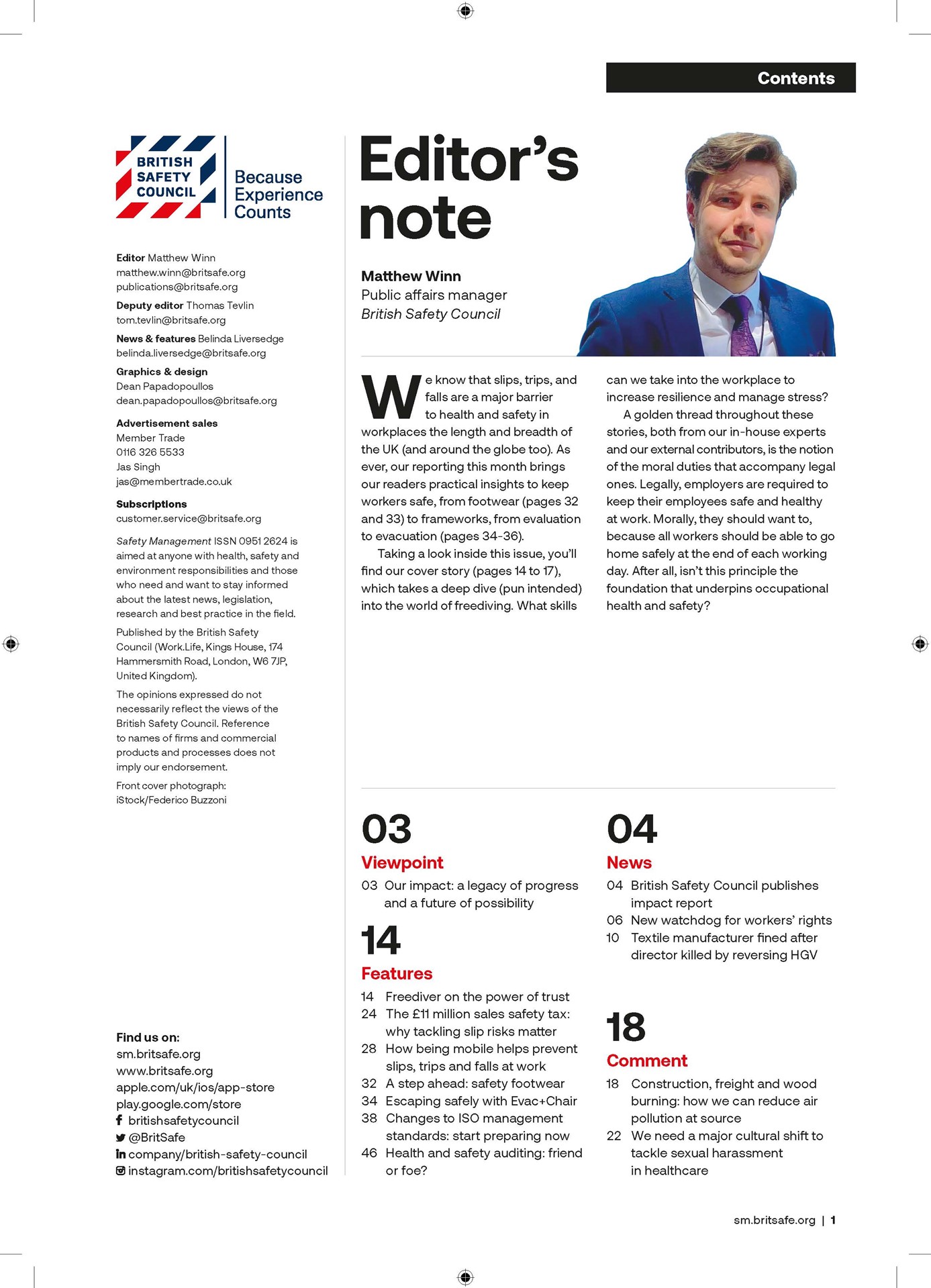The Building Safety Regulator (BSR) has warned owners that “time is running out” to avoid criminal charges if they have not yet registered their high-rise buildings.
News
'Register high rise buildings by 1 October, or face penalties,' says BSR
Under the Building Safety Act, high-rise residential buildings which are 18 metres tall or higher, or at least seven storeys, with two or more residential units are defined as ‘higher-risk’.
In England there are around 12,500 of these buildings and the new regulator requires all of them to be registered by 1 October 2023. As of 20 September, 10,080 registrations had started, which means that more than two thousand buildings had yet to be registered.
The BSR says it will be a criminal offence for any qualifying building not to be registered after this date – penalties could include “significant sanctions”, including prosecution.

 High-rise residential buildings which are 18 metres tall or higher, or at least seven storeys, with two or more residential units are defined as ‘higher-risk’. Photograph: iStock
High-rise residential buildings which are 18 metres tall or higher, or at least seven storeys, with two or more residential units are defined as ‘higher-risk’. Photograph: iStock
Chris Griffin-McTiernan, deputy chief inspector of buildings at BSR, said: “I would encourage any organisation that has not registered their high-rise building, to do so now. There is guidance available to help you comply with the law.
“The creation of this register is a major step forward in terms of building safety in England. Residents themselves will soon have access to the register. This new transparency will shift power towards those who live in these buildings. Residents deserve the better oversight we will be able to provide with the register.”
Meanwhile, the government has recently issued five sets of regulations deriving from the Building Safety Act 2022, together with three sets of responses to consultations on aspects of the new building control regime and safety risks for higher-risk buildings.
Of note are the Higher-Risk Building Procedures Regulations which cover approval processes for constructing a new higher-risk building; working on an existing higher-risk building; the golden thread requirements and information handover and completion certificates.
The Higher-Risk Buildings (Management Safety Risks) (England) Regulations have also been published which cover how safety risks are managed during the in-occupation phase of the asset.
Law firm, Osborne Clarke said that the publication of the regs provide some “long-awaited clarity” on how the building control regime for HRBs is changing.
“There are few major differences between the published regulations and what was expected from the consultation,” it said, but that meeting the changes will still prove “disruptive”. “Costs are likely to go up as the impact of potential delays caused by the gateways, change control and information gathering are factored in to developments,” said the blog post by lawyers Alexandra Gower and Matt Kyle.
Applying to register a high-rise residential building: HSE guidance here
NEWS

Chemical toxicity a ‘health crisis in plain sight’: new paper outlines cancer and fertility risks of everyday chemicals
By Belinda Liversedge on 08 August 2025
Chemical toxicity risks are underestimated and underfunded, a new report has stated, arguing that thousands of synthetic chemicals used in common and everyday materials are causing untold damage to human health.

Employers in Scotland urged to share insights on workforce health as healthy life expectancy falls to record low
By Belinda Liversedge on 06 August 2025
Public Health Scotland has put a call out to employers to help them in a series of engagement events and activities, as part of a strategy to improve the health of the working age population in Scotland.

Take ‘movement snacks’ to reduce health risks from desk working, say experts
By Belinda Liversedge on 01 August 2025
Sitting has been called the new smoking, and now professors have come up with a more helpful analogy to beat our addiction to the seat – movement snacks.



